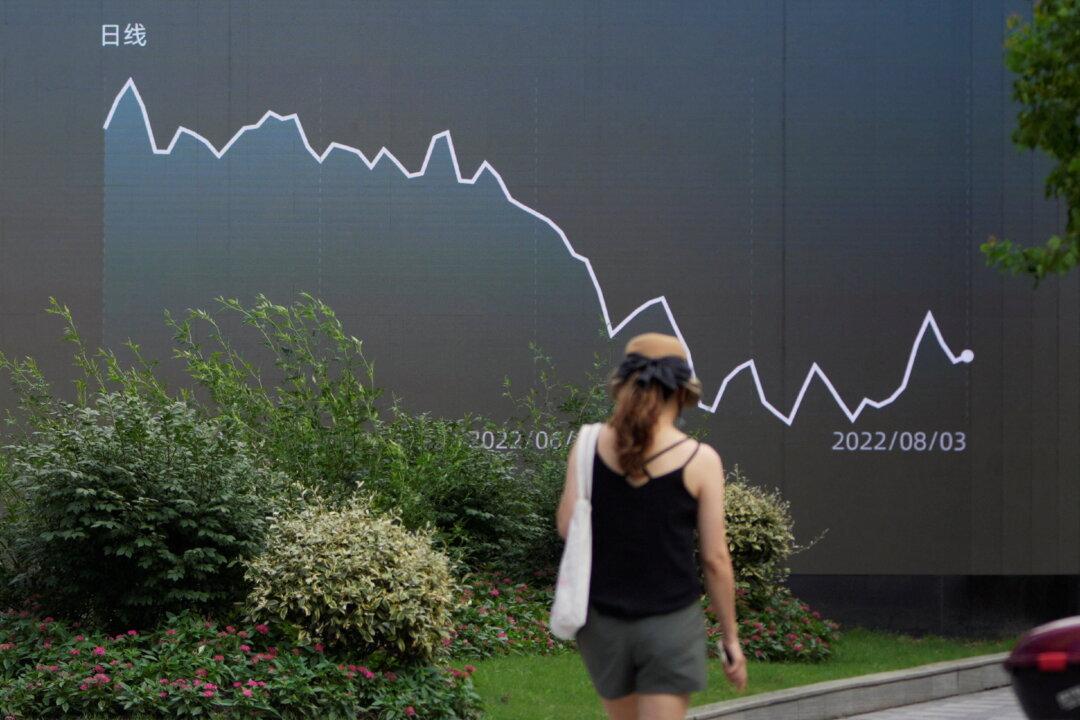World shares edged up on Wednesday taking comfort from strong U.S. retail earnings even though the UK’s highest inflation since 1982 and a rate hike in New Zealand reminded investors of the challenges facing the global economy.
MSCI’s benchmark for global stocks was up 0.1 percent by 0829 GMT, extending its July recovery, although concerns over high inflation and policy tightening kept a lid on gains.





